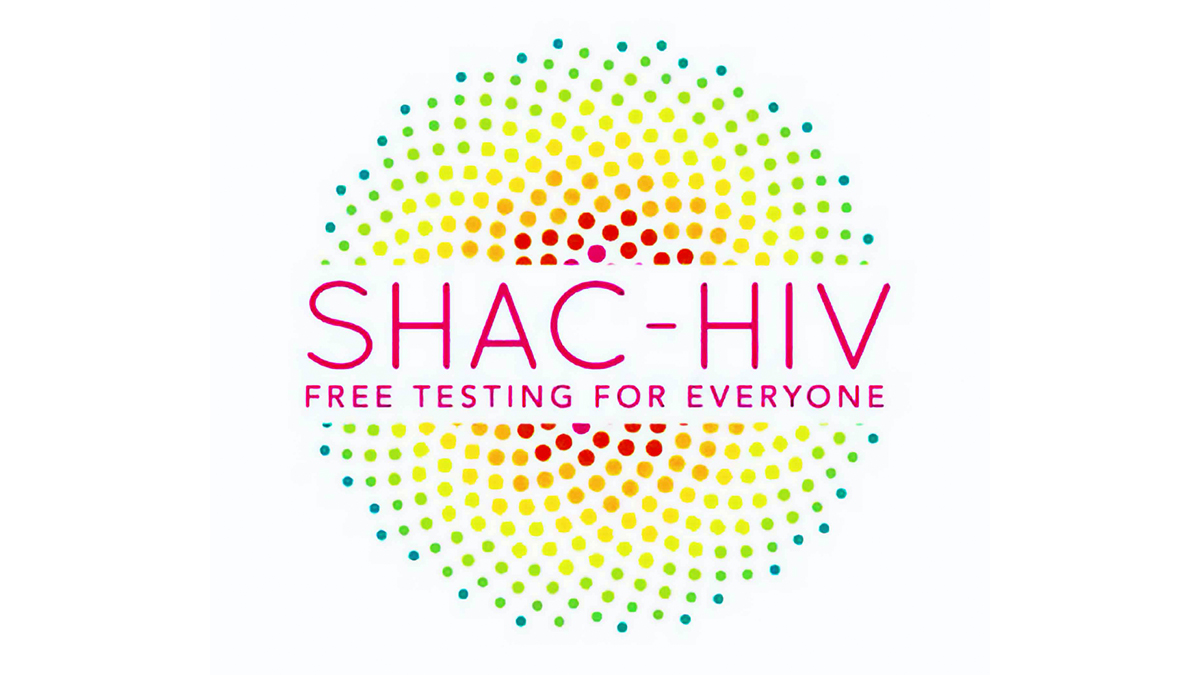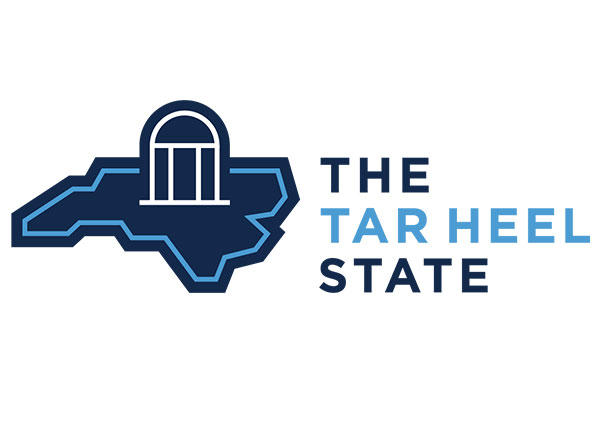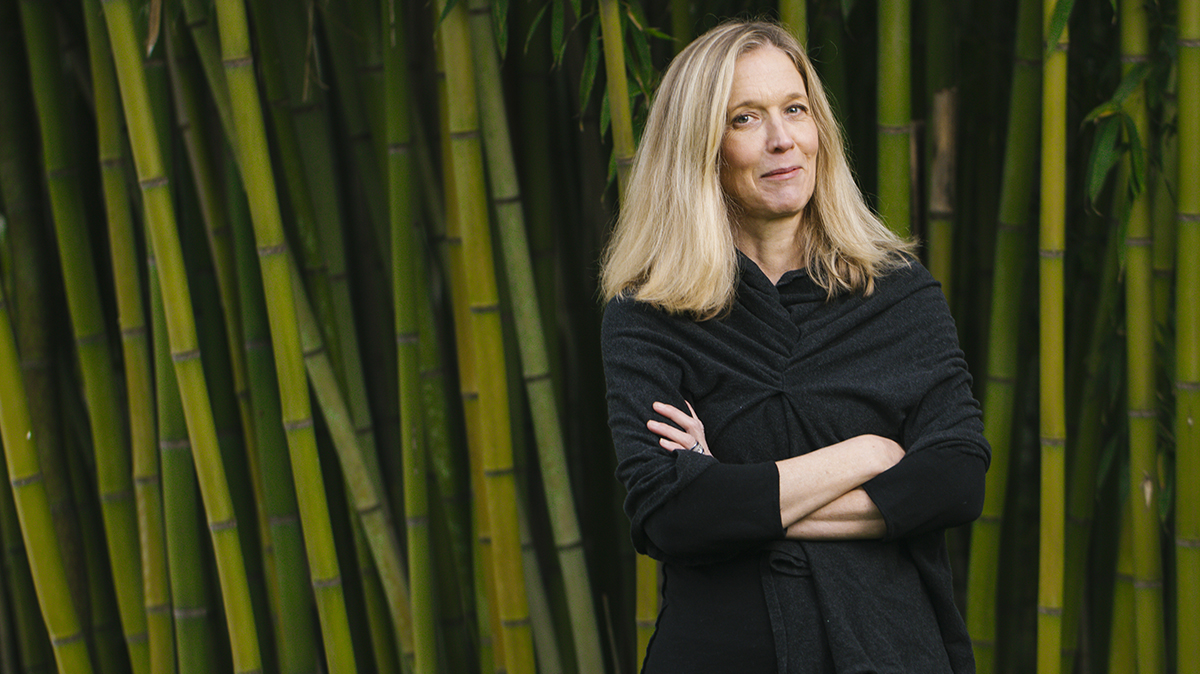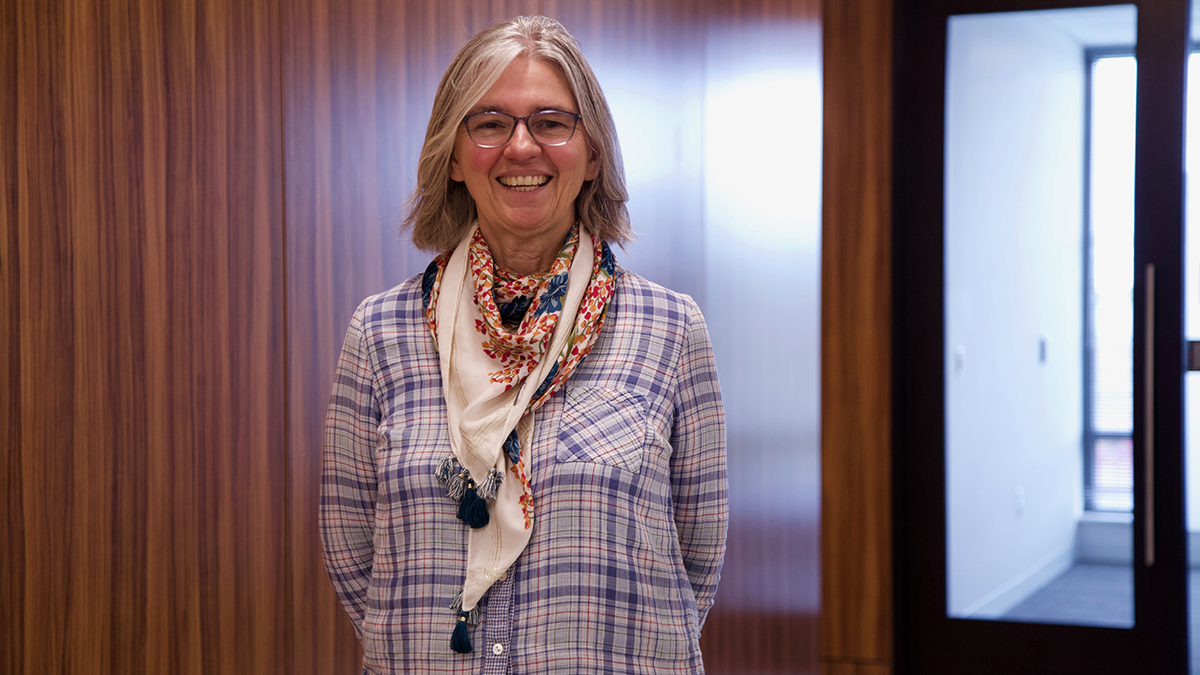Carolina students provide free HIV and STI testing
Carolina students are serving the community by offering free HIV testing and providing a safe space where patients can better understand their risks of the virus.

 At two community clinics in the Triangle, Carolina students of several professional school disciplines are coming together to make HIV testing accessible and stigma-free.
At two community clinics in the Triangle, Carolina students of several professional school disciplines are coming together to make HIV testing accessible and stigma-free.
In addition to mental health support, an on-site pharmacy and other services, the University’s Student Health Action Coalition medical clinic provides free HIV and STI testing to anyone in need, regardless of whether or not they have insurance. Patients have a simple mouth swab and get their results in about 20 minutes.
A student-led effort
UNC School of Medicine student Lauren Waskowicz got involved with SHAC to help underserved communities gain access to health care. She volunteers as a social worker, assisting patients in assessing their risk of HIV and providing information about sexual health.
“I identify as part of the LGBTQ population, and HIV obviously has a huge history in that community, so I was interested in getting involved for that reason,” said Waskowicz, who is in her second year of medical school. “The biggest role we play is getting better education out there about HIV and how it’s no longer a death sentence. There was such a fear campaign around it, so we’re trying to stop that narrative.”
Reducing stigma
Brent Eason, a research technician at the Lineberger Cancer Center and director of the SHAC HIV program, said part of SHAC’s mission is to decrease the stigma around getting tested.
“A lot of people may be nervous to come in at all, so we want to make sure they know it’s OK to feel apprehensive about getting tested,” he said. “I think it’s important to not only provide a free service so that they don’t have to worry about any financial obligations, but they know that it’s people from their community who want to help them out, who they can talk openly with.”
Waskowicz said the clinic aims to provide a safe space where patients can ask questions and feel comfortable discussing sexual health. Not only does Waskowicz’s role help her patients, but it also helps her gain confidence in her own skills as a medical student and, one day soon, a doctor.
“One thing I’ve learned is not to have any expectations about anyone who walks in the door,” she said. “Because we are talking about something that is taboo in society and that we have a lot of stereotypes about, I think it’s easy to see a patient who comes in and assume certain things about their behaviors. And that lesson is super applicable to me going into medicine because that’s going to be true not just about their sexual habits, but about anything about them.”
Serving our community
As the program continues to grow, Eason attributes its success to the student volunteers who have genuine care and concern for patients.
“We get a lot of really excited, really motivated students going in wanting to do counseling and testing,” he said. “It’s really due to all their energy that they bring in that they’re able to do so much.”
The HIV program sees patients on a walk-in or appointment basis at the Carrboro Community Health Center every Wednesday from 6 to 9:30 p.m. and at the Lincoln Community Health Center in Durham on Mondays from 5:30 to 8:00 p.m.




